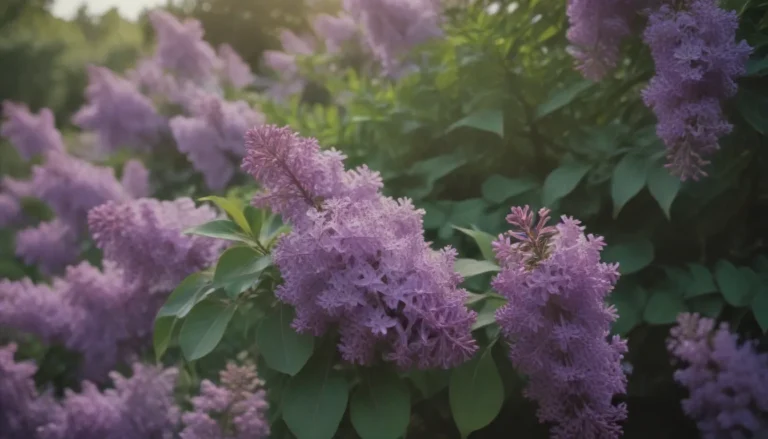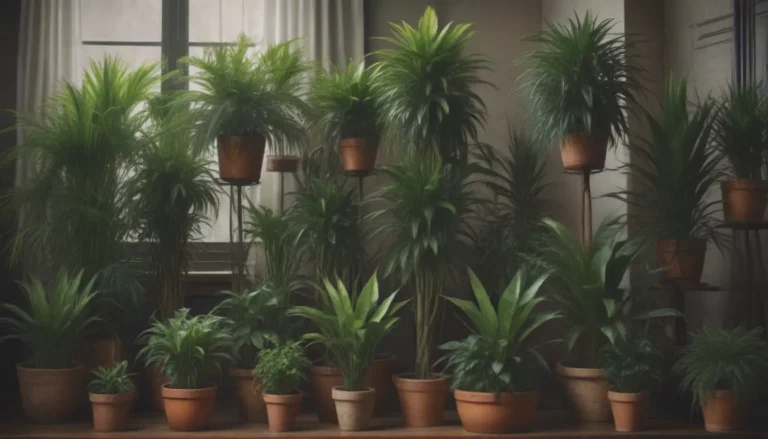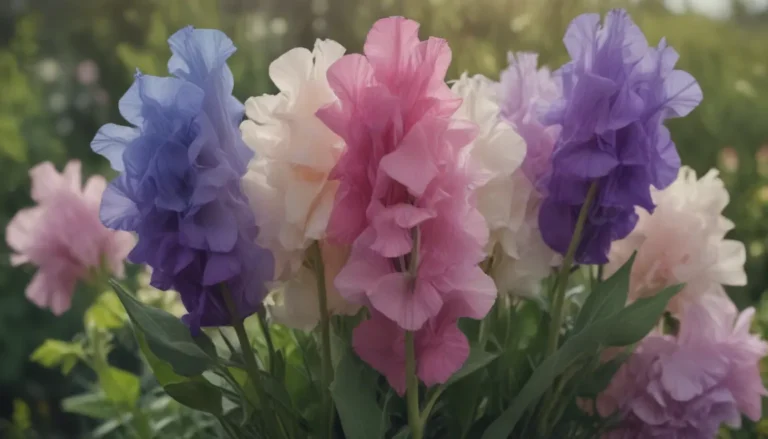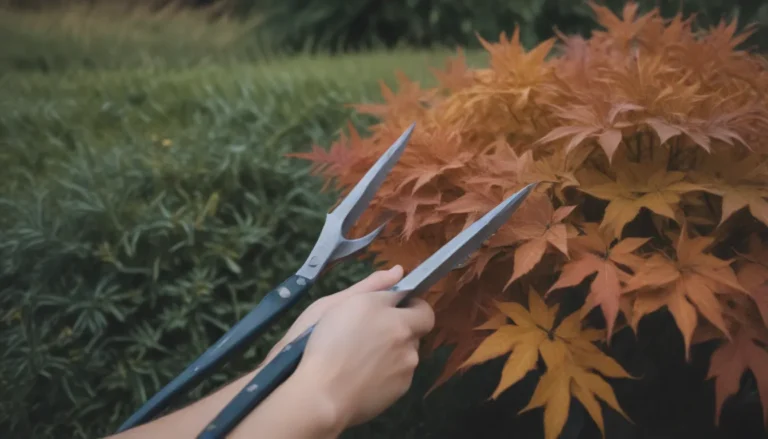Everything You Need to Know About Growing and Caring for Citronella Plants
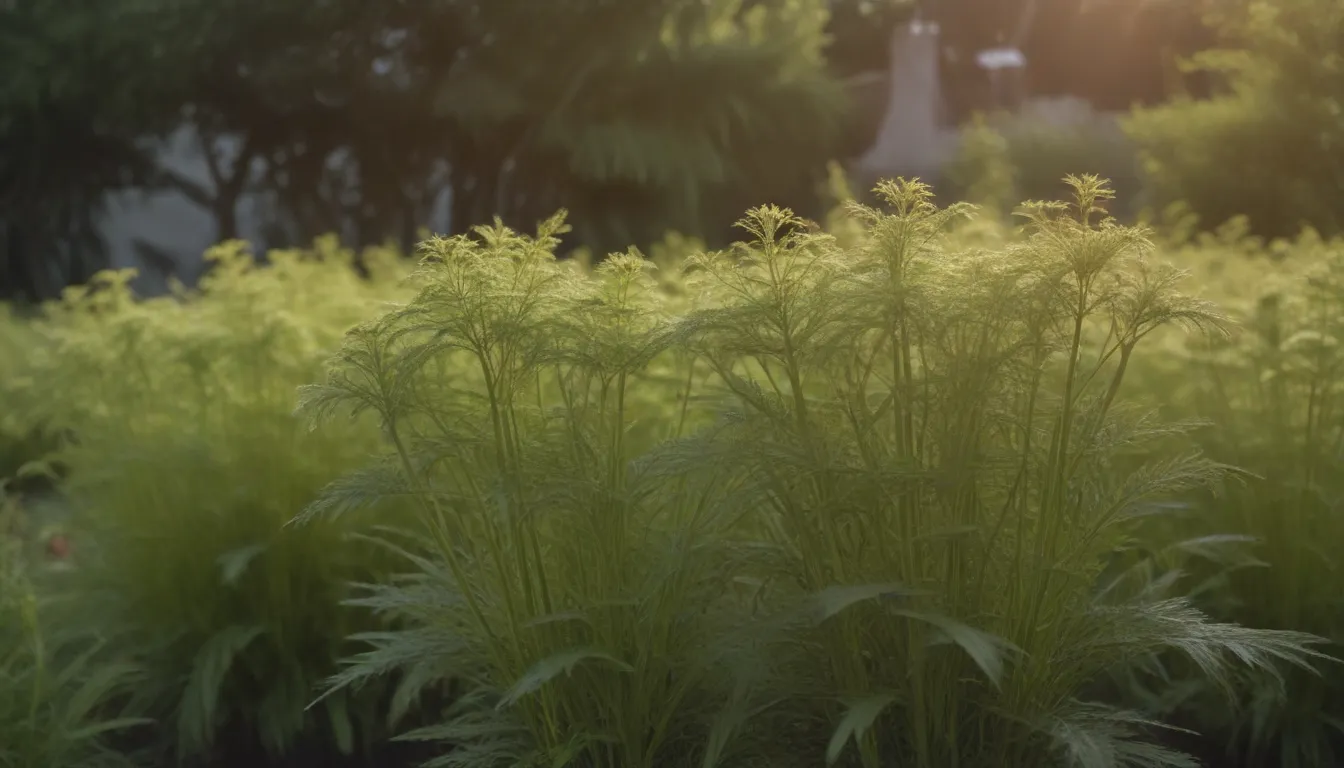
If you’ve been considering adding a lovely and fragrant touch to your garden, a citronella plant might be just what you’re looking for. While these plants were once heavily marketed as mosquito repellents, it’s essential to note that there is no scientific evidence to support this claim. However, citronella plants can still be a beautiful addition to your outdoor space, as long as you are aware of their care requirements.
Do Citronella Plants Repel Mosquitoes?
The fresh lemony fragrance emitted by citronella-scented geraniums may enhance your outdoor experience, but studies have shown that there is no evidence to suggest that these plants actually repel mosquitoes. While the fragrance is believed to ward off pests, there is no citronella essential oil present in the citronella-scented geranium. So, while these plants may not keep mosquitoes at bay, they can still add a delightful scent to your garden.
Citronella Care Tips
Taking care of citronella plants is relatively straightforward, making them a low-maintenance addition to your garden. Here are some essential care tips to ensure your citronella plants thrive:
Planting
- Choose a pot that is at least 12 inches deep and twice as wide as the root ball for potted plants.
- Use nutrient-rich, well-draining soil when planting in pots or in the ground.
- Space plants 18 to 24 inches apart in fertile, well-draining soil in the garden.
Light
- Citronella plants require at least six hours of full sunlight daily but can benefit from some afternoon shade, especially in southern growing zones.
Soil
- Citronella plants adapt well to various soil types as long as they drain well, with a preference for slightly acidic, sandy, or chalky loam.
Water
- Water potted citronella plants regularly, checking the top inch of soil every few days and watering when dry.
- In-ground plants should be watered regularly until established, then watered once every other week.
Temperature and Humidity
- Citronella plants can tolerate a range of temperatures but may be damaged by freezing or excessively high temperatures.
- They benefit from afternoon shade in southern growing zones, especially during extended periods of high heat.
- Maintaining humidity levels of 40 percent or higher can help these plants thrive.
Fertilizer
- While citronella plants don’t require much feeding, applying a liquid NPK 20-20-20 fertilizer at half strength every two to three weeks can benefit young and potted plants.
Pruning and Propagating Citronella Plants
To encourage bushy growth and maintain a full appearance, consider pruning your citronella plants by pinching out the growing tips throughout the growing season. If you’re looking to propagate your citronella plants, you can do so easily from cuttings. Simply gather the necessary materials and follow these steps to grow a new plant:
- Take a cutting from a healthy plant.
- Place the cutting in water or a well-draining potting mix.
- Provide adequate sunlight and moisture until roots develop.
Overwintering and Common Pests
Container-grown citronella plants can be moved indoors during colder months, with proper care to ensure their survival. While these plants are relatively disease-free, they may attract some common pests like aphids, whiteflies, or mealybugs. Regular monitoring and treatment can help keep your plants healthy.
Blooming Citronella Plants
In their hardiness zones, citronella plants can bloom year-round, producing small lavender-pink flowers with a subtle fragrance. Deadheading spent flowers and providing balanced liquid fertilizer can encourage more blooms throughout the season.
Conclusion
While citronella plants may not fulfill their marketed promise of repelling mosquitoes, they can still be a delightful addition to your garden. By following these care tips and recommendations, you can successfully grow and maintain healthy citronella plants that add beauty and fragrance to your outdoor space. Happy gardening!
